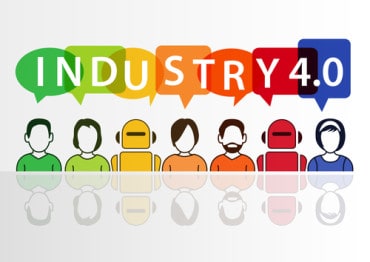
A controlled 5G trial took place in central London using a compact radio designed to use less energy without sacrificing connectivity or performance.
Vodafone and Ericsson have completed a monumental new 5G deployment trial that includes a radio that used 45% less energy than the daily average of previous incarnations. It’s a promising start to addressing the challenges with respect in energy and processing needs facing global communities.
5G trial indicates high performing connectivity
The controlled trial took place in central London using a compact radio designed to use less energy without sacrificing connectivity or performance. Based on these trials, energy consumption decreased almost by half compared to traditional devices on the previous network. During peak times, energy usage decreased by 55%.
The new radio is 51% lighter than the previous generation, using a compact design that makes 4G upgrades and 5G adoption easier. The devices remove unnecessary, energy-draining capabilities and modernize the network. It’s another step towards upgrading the network and reducing energy consumption, although both companies stipulate that more is needed to address the coming energy challenge.
Watch Now: Dell Technologies Edge Solutions (Video)What follows the trials
Vodafone will deploy a minimum of 1500 of these units by April 2022 as part of the company’s commitment to the UK’s net-zero goals. The area is working towards net-zero for operations by 2027.
Vodafone and Ericsson are also trialing drone technology as part of future deployment strategies. Drones could help minimize the environmental impact of the upgrades and to facilitate surveys for predictive maintenance and any required upgrades.
The companies use these Lidar-enabled drones to build a digital twin of the site in question, allowing them to reduce the number of people traveling. This accompanies Vodafone’s use of 100% renewable energy sources powering all operations.
These trials have contributed to reduced CO2, as well as enabling customers to reduce emissions with the help of optimized IoT. These trials represent another step in creating sustainable yet powerful connections for businesses, industries, and development of the future.







